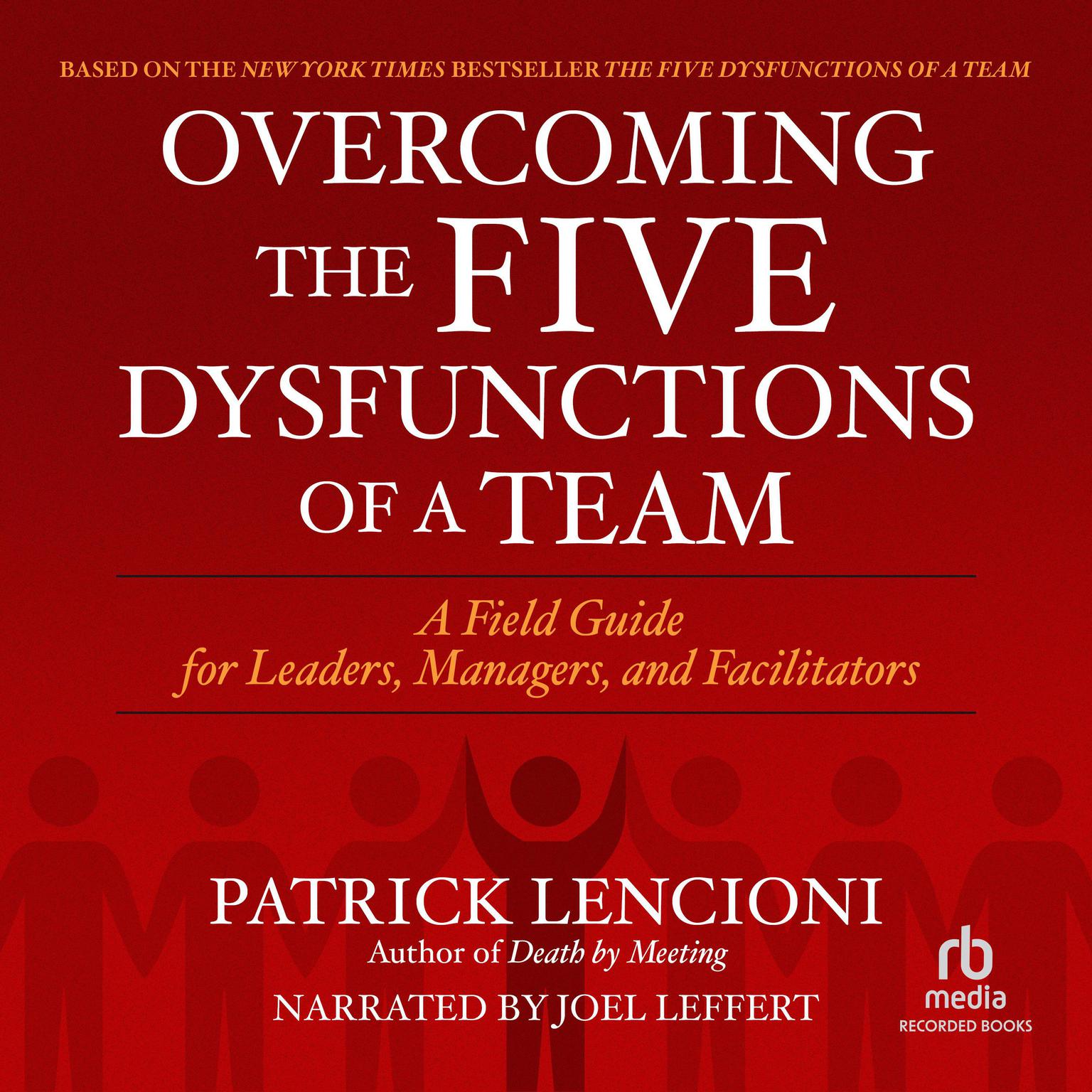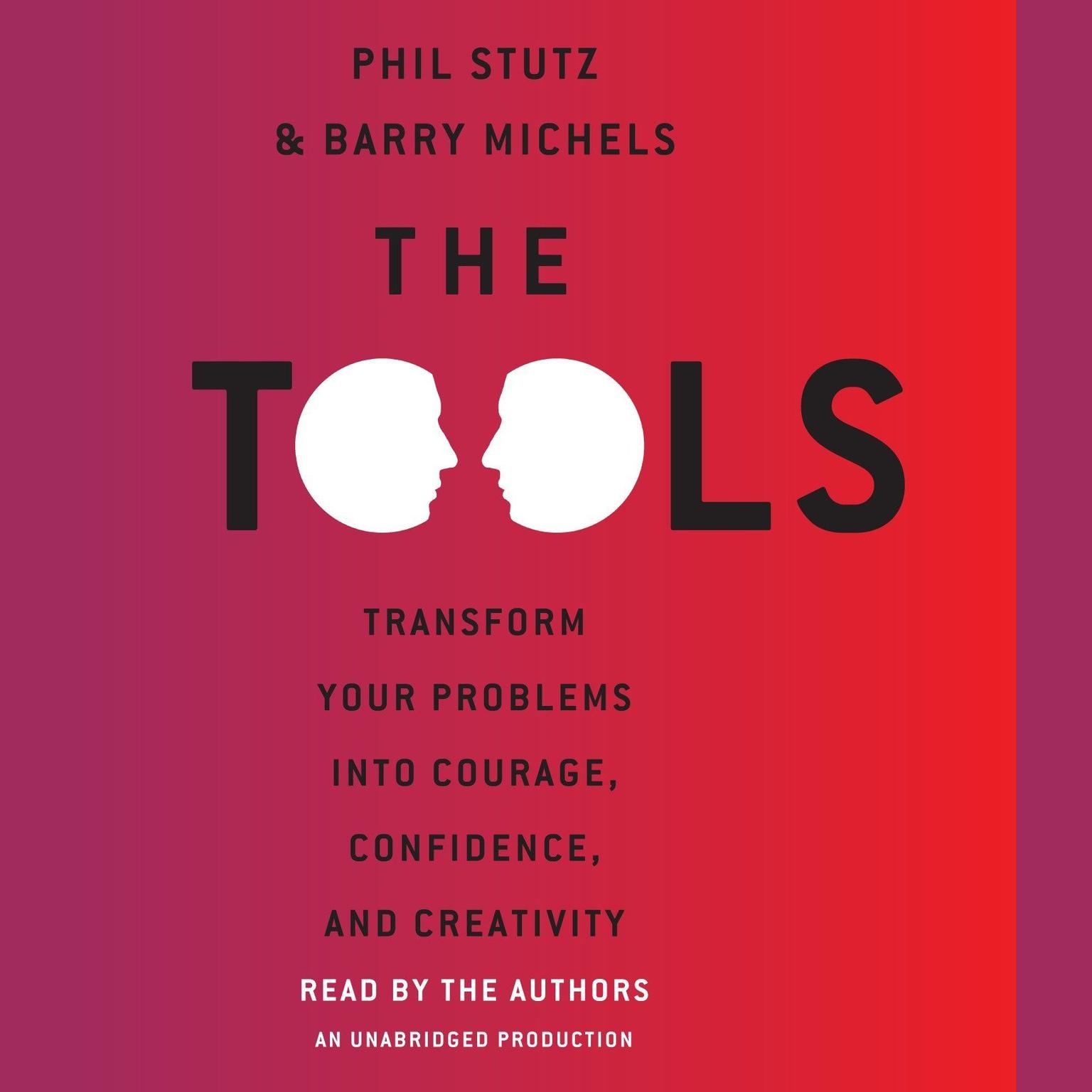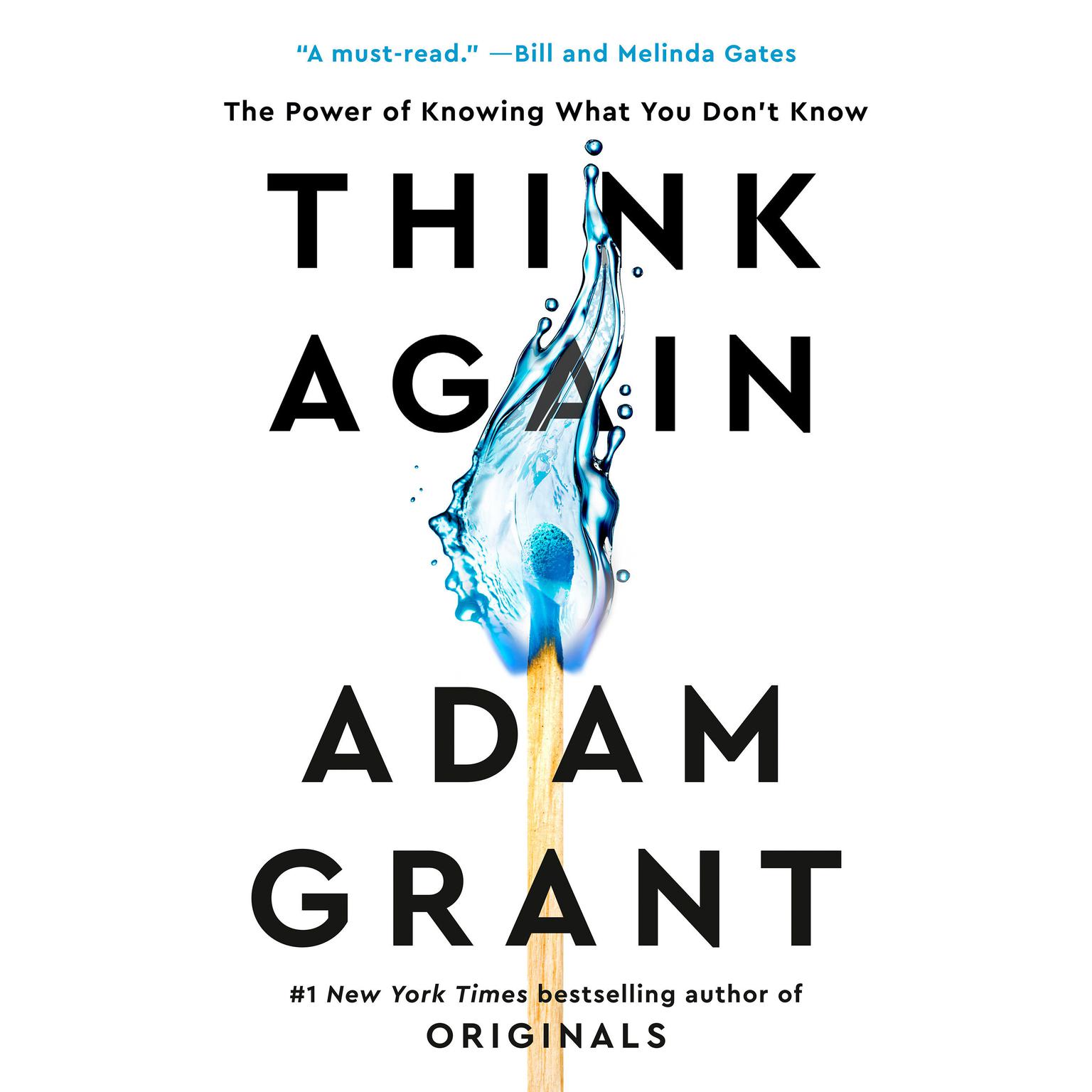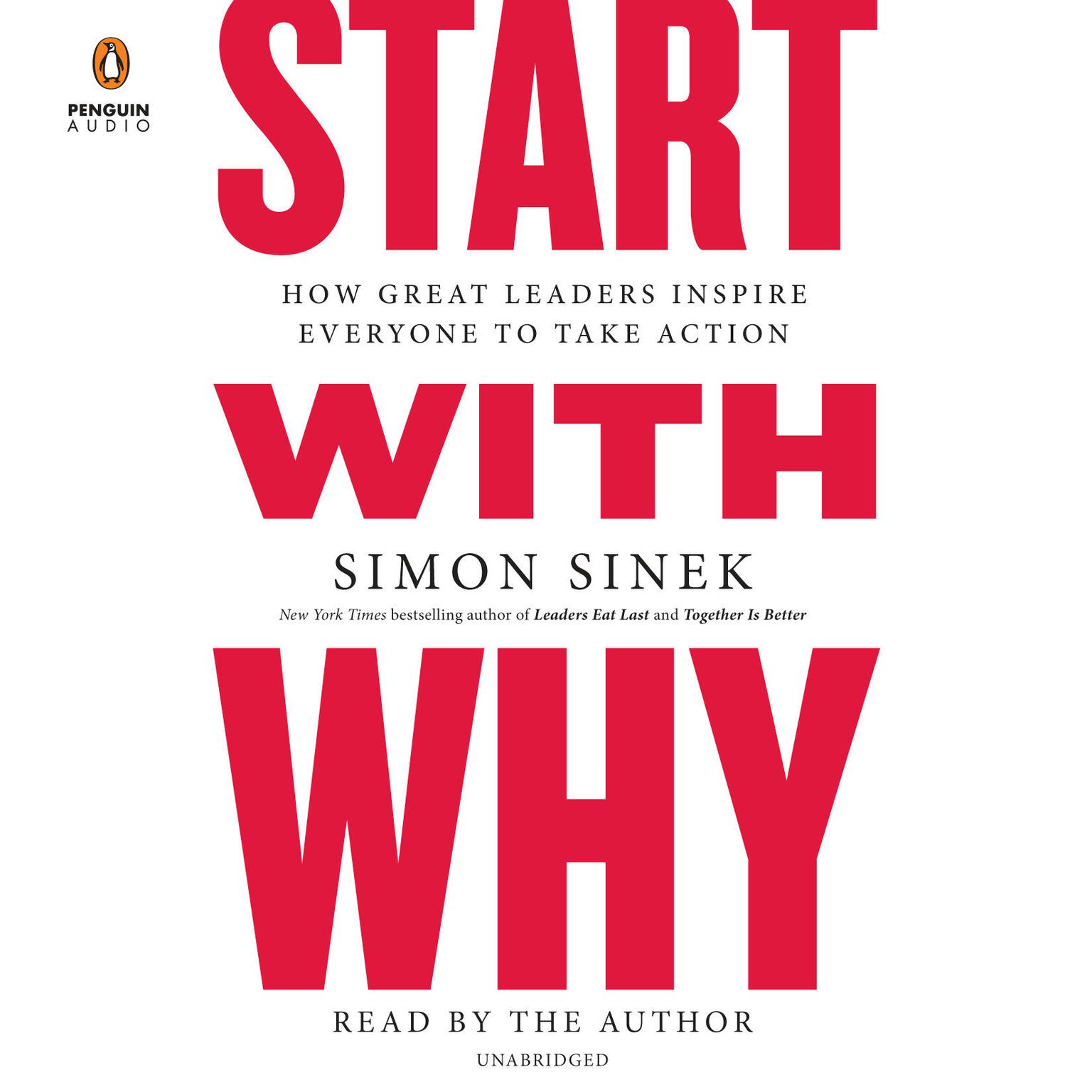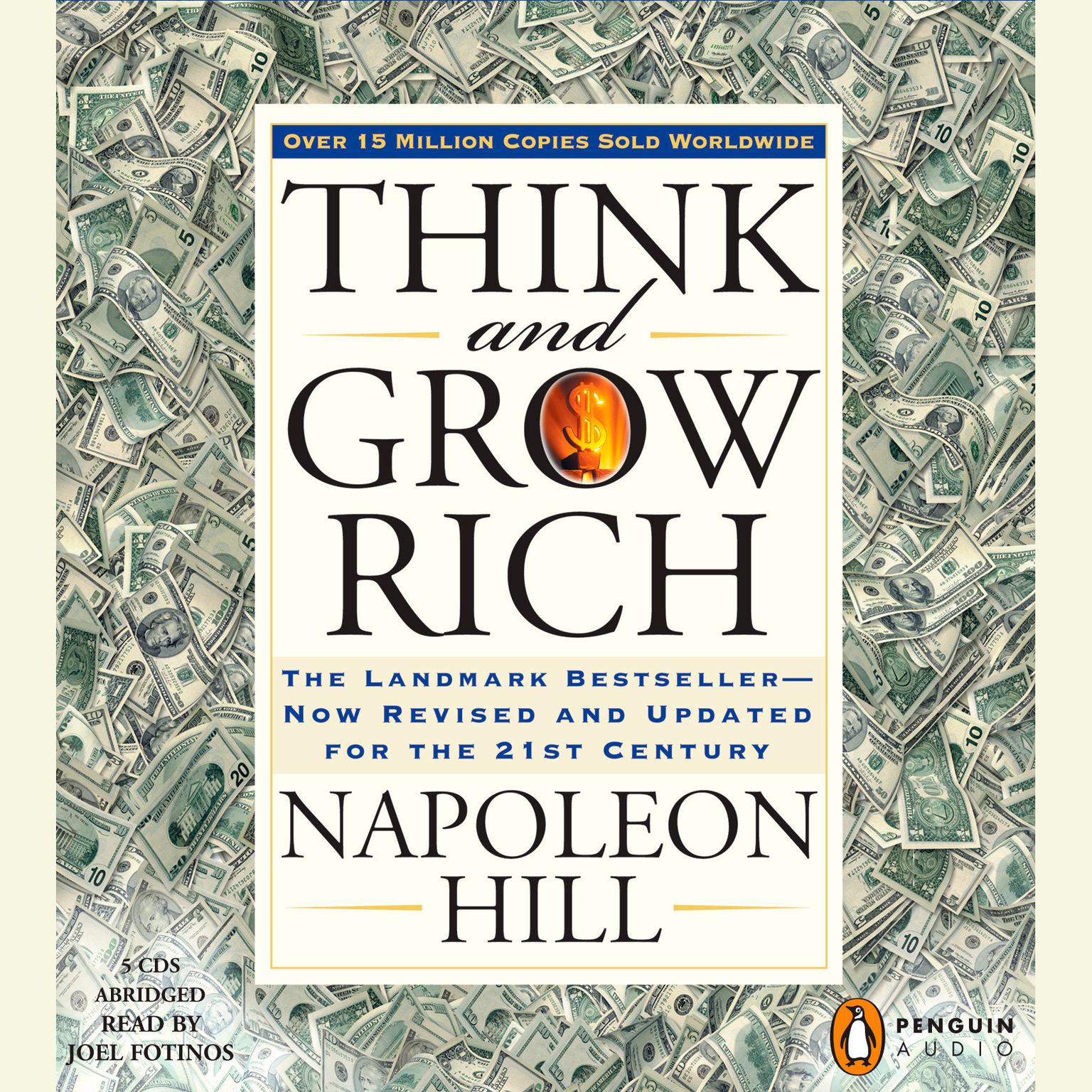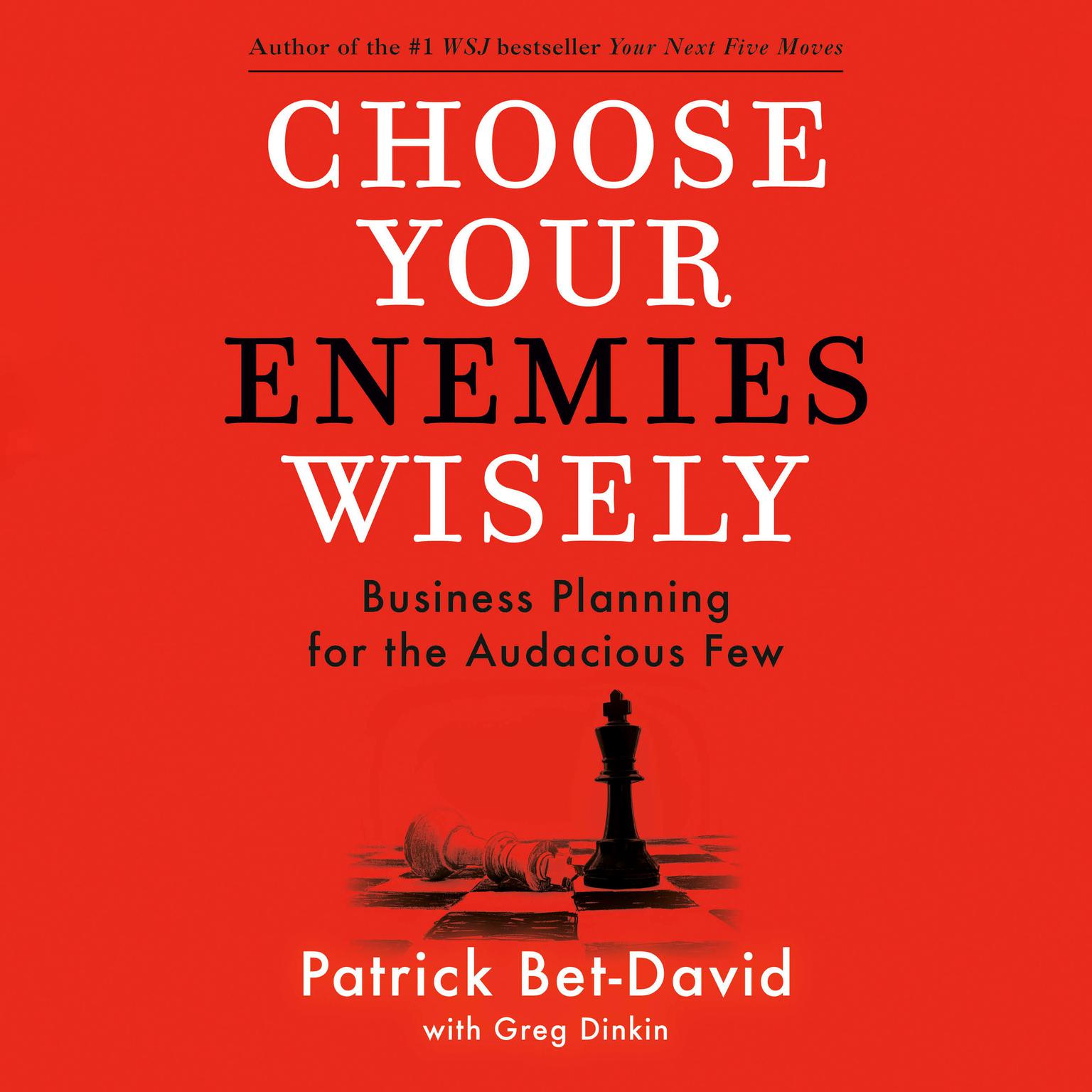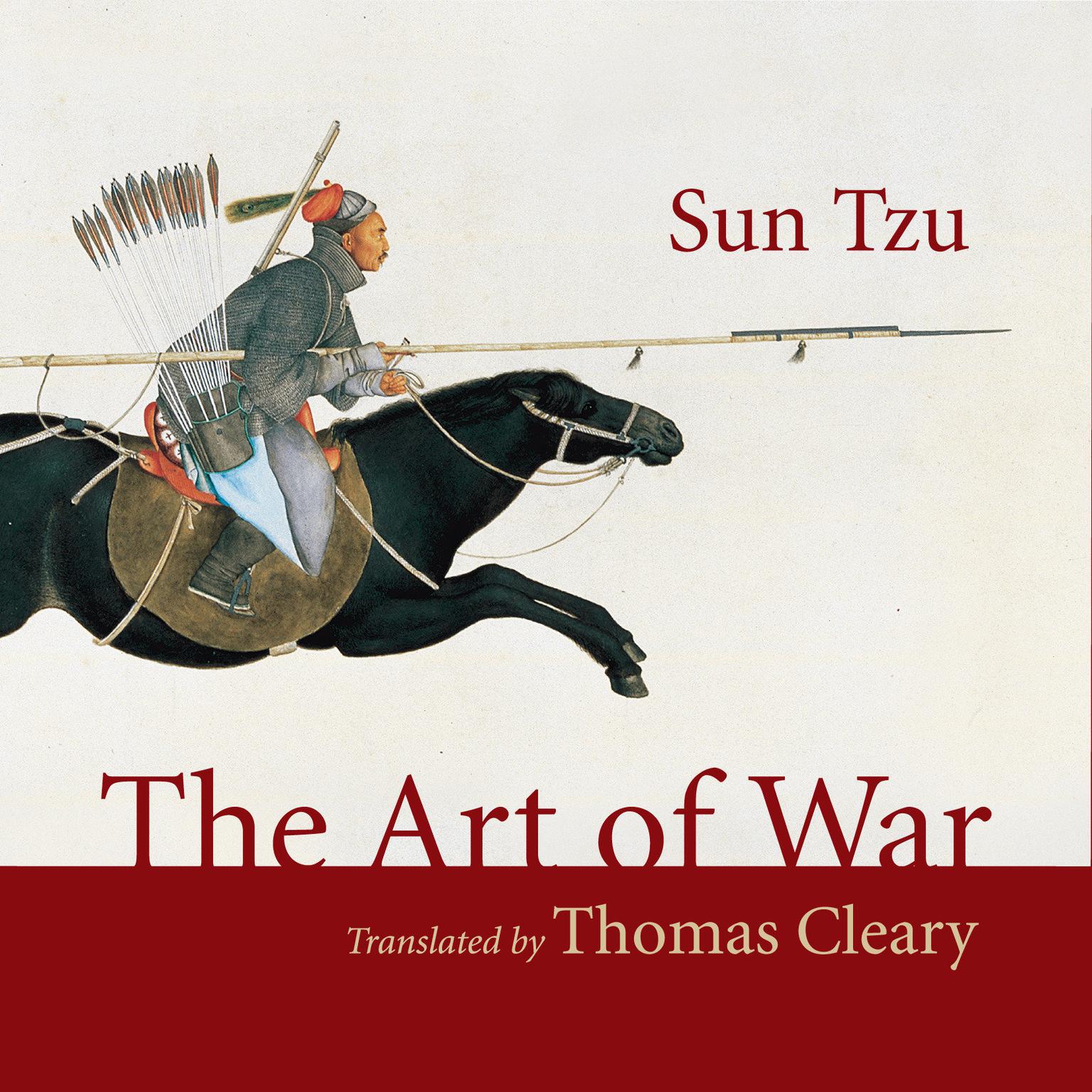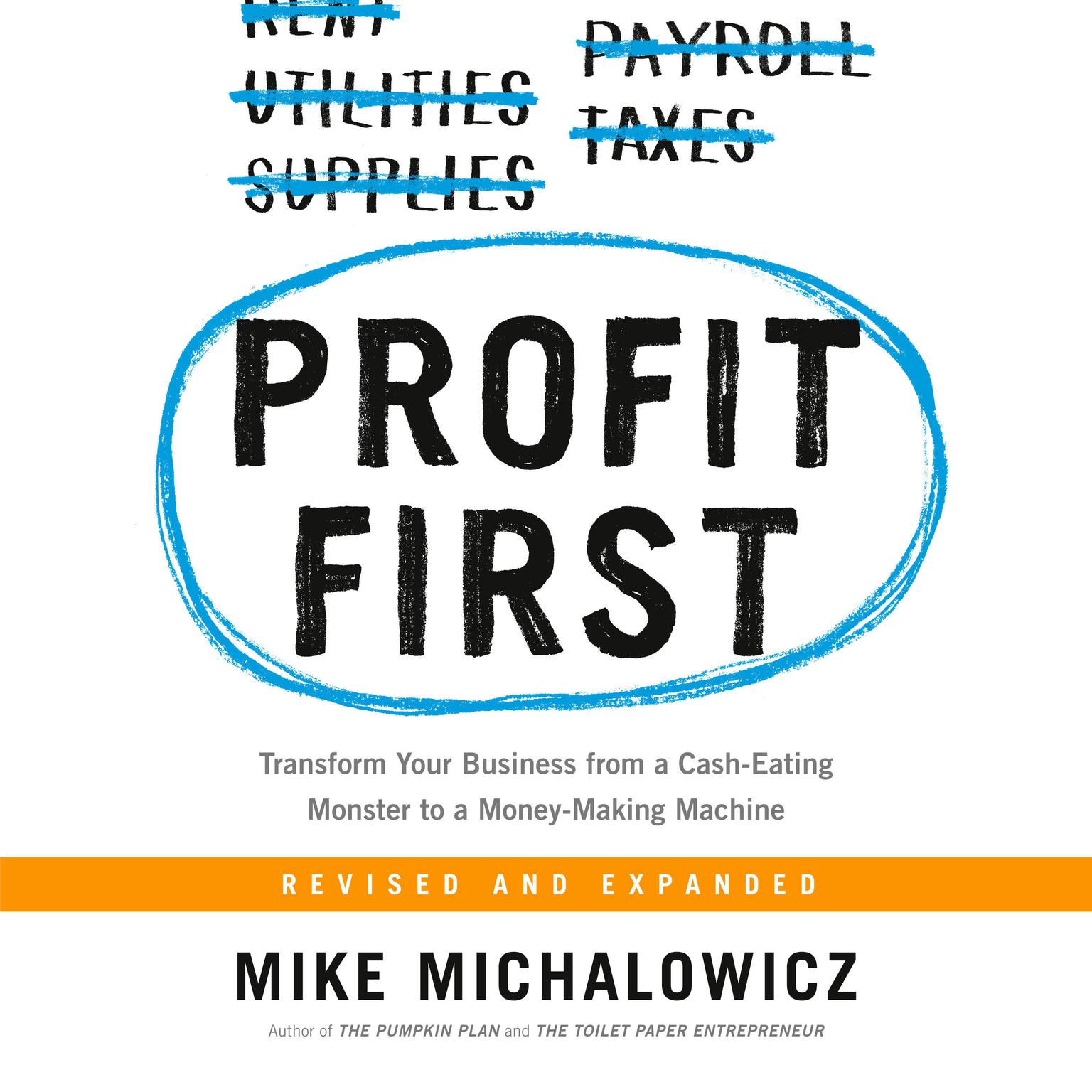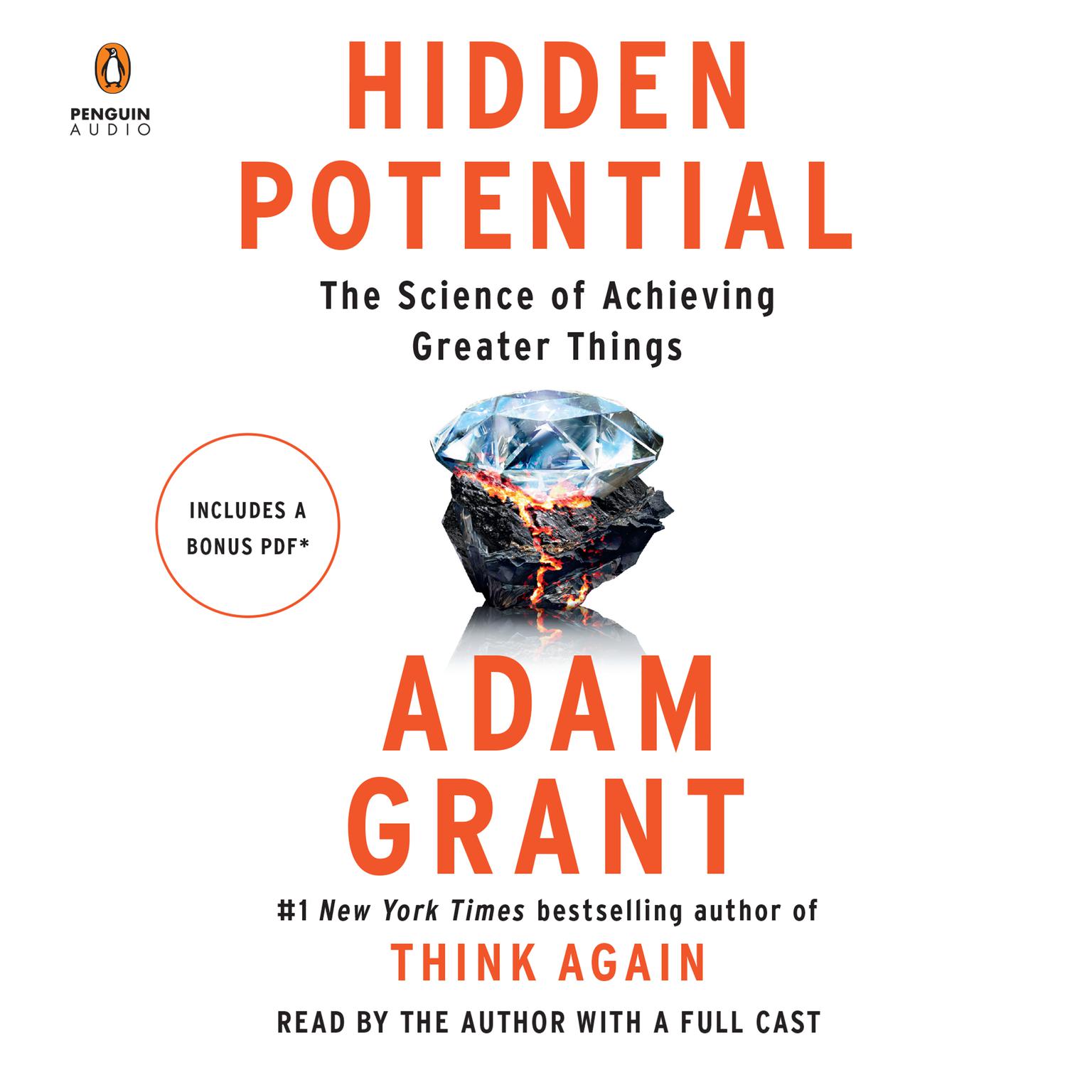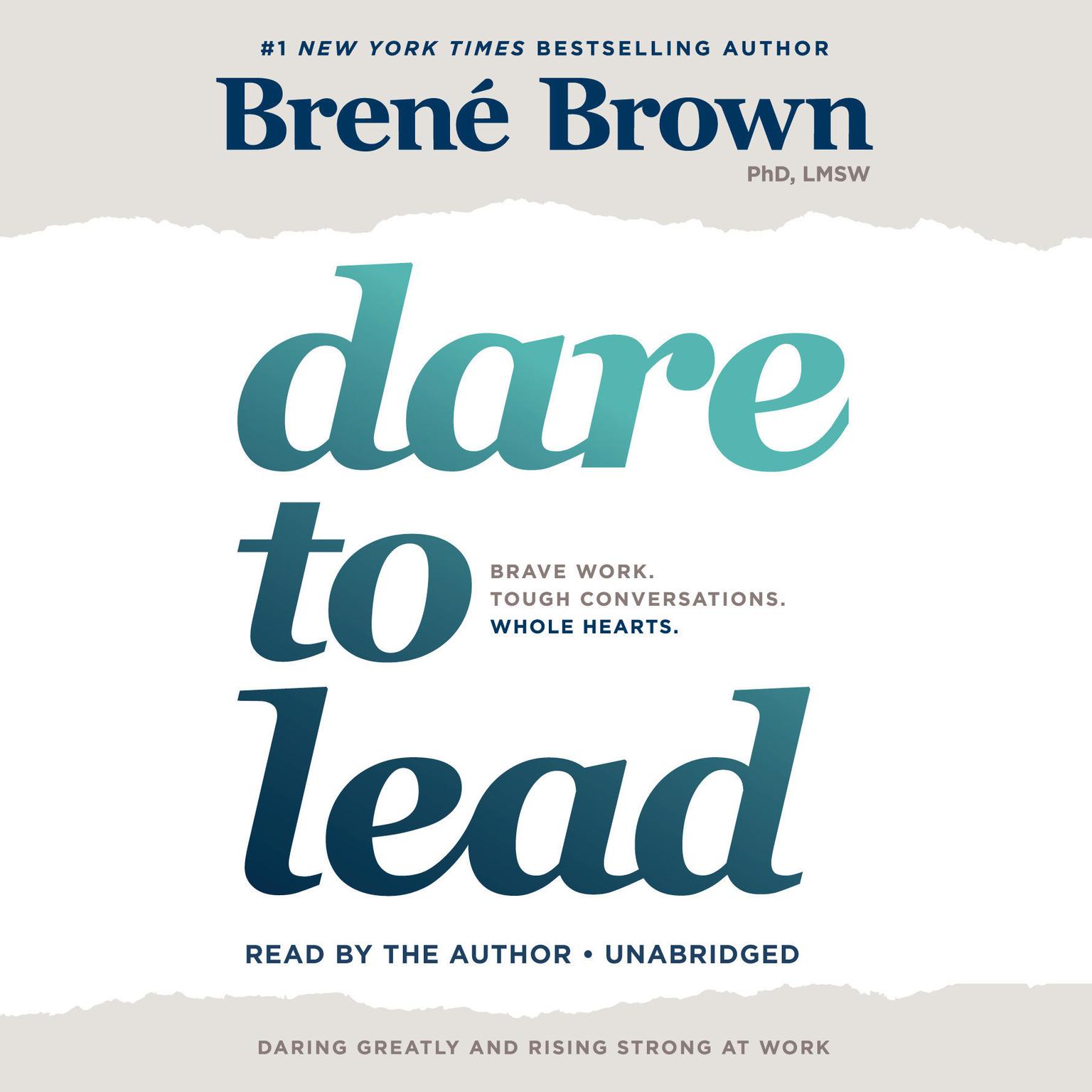Plot Summary
Nassim Nicholas Taleb, the writer of The Black Swan once again presents us with an interesting and original theory in Antifragile: Things That Gain from Disorder. In The Black Swan, Taleb argued that certain large-scale, improbable events such as WWI cannot be predicted. As human beings, we keep trying to figure out what will happen in the future based on what’s happening now, but the narrative keeps changing and fools us all.
In Antifragile, he suggests that there are certain things that are the opposite of fragile. They’re not merely robust or resilient because this would mean that they take negative impacts but survive through them. Antifragile things don’t just survive negative impacts; they grow and benefit from them. He gives several examples of this kind of thinking which applies in people’s personal lives as well as in society as a whole.
Taleb points out that the actions of overprotective parents can result in a child actually becoming weaker rather than stronger, and patients who are constantly visiting the doctor can end up being more sickly. If you look at the larger picture, a banking system with many small banks turns out to be stronger or “antifragile” when compared to one big bank. From this point of view, small is often better and more resilient than big. Whereas a tree may get uprooted in a storm, grasses survive because they can bend in the breeze.
What you end up taking away from Taleb’s book is a healthy tendency to take manageable risks, try many new things and generally enjoy the chaos that is a part of life.
Nassim Nicholas Taleb is a Lebanese-American who was born in Lebanon to a physician and oncologist and a researcher in anthropology. His family has played a prominent role in Lebanese politics, with his grandfather and great-grandfather being deputy Prime Ministers. He attended the University of Paris where he got his Bachelor’s and earned an MBA at the Wharton School at UPenn. Then he returned to Paris and got his Ph.D. in Management Science. He has taught at Oxford University and the Polytechnic Institute of New York University. He has also worked as a Wall Street trader and a hedge fund manager.
“Wow. No wonder The Independent called Taleb a “superhero of the mind” – this is a hugely impressive and entertaining book not least because Taleb identifies that leadership in today’s world is a much devalued coinage. Remember that scene in Michael Moore’s Fahrenheit 9/11 when he asks politicians why their sons aren’t in the US forces fighting in Iraq or Afghanistan? The politicians look at Moore like he’s so dumb, but for Taleb these men are “inverse heroes” and he reminds us that Roman engineers had to sleep under their bridges, and that in the Hammurabi culture if a man builds a house and that house collapses and kills the owner, the builder is put to death. If it kills the owner’s son, the builder’s son is put to death, and if a slave, a slave of equal value must be given to the owner. But we live in a world of fakery where drones are launched and wars started by men who never have to live with their consequences. “I am distraught for the future of the human race when I see a nerd behind a computer in a DC suburb, within walking distance of a Starbucks coffeehouse, or a shopping mall, capable of blowing up an entire batallion in a remote place, say Pakistan, and afterwards going to the gym for a ‘workout’ – compare his culture to that of knights or the samurai.”
His most intense analysis is reserved for the world of finance. He insists that the financial crisis WAS identified pre-crash, that key personnel KNEW that the property market was over-heating, but the ratings agencies, the banks, the markets et al didn’t want the bubble to burst and conspired to shut the danger signals down. Alan Greenspan “caused the risks to go hide under the carpet and accumulate there until they blew up the economyâ€. In the case of the academic economist Joseph Stiglitz, “the very same economist who caused the problem (he published a report in 2002 with two colleagues about Fannie Mae saying that the risk of a potential default was “effectively zeroâ€) then “post-directed the crisis, and then became a theorist on what happened – no wonder we have a larger crisesâ€. For Stiglitz in the US, we have Ed Balls in the UK – too many of the architects of the global financial crisis are still hanging around. Taleb insists that if this activity was taking place in nature, “his genes would have been extinctâ€. Stiglitz/Balls are part of a “severe disease, one that explains why economists will blow us up againâ€. And he’s formulated this apercu into a theory: the Stiglitz Syndrome – people who put their name to junk science and pay no price for the mayhem they cause. The cure is not to ask anyone’s opinion, but to look at what they do and don’t have in their investment portfolios. The people Taleb calls “fragilistas†– “people who cause fragility because they think they understand what’s going on†– have to be made accountable for their activities. Otherwise they have, as he puts it, “no skin in the gameâ€. Only people with skin in the game – something to lose – are worth listening to.
Taleb is a fantastic writer and Antifragile is the work of a modern-day titan.”—
Mike (5 out of 5 stars)
Publisher Summary
Antifragile is a standalone book in Nassim Nicholas Taleb’s landmark Incerto series, an investigation of opacity, luck, uncertainty, probability, human error, risk, and decision-making in a world we don’t understand. The other books in the series are Fooled by Randomness, The Black Swan, and The Bed of Procrustes. Nassim Nicholas Taleb, the bestselling author of The Black Swan and one of the foremost thinkers of our time, reveals how to thrive in an uncertain world. Just as human bones get stronger when subjected to stress and tension, and rumors or riots intensify when someone tries to repress them, many things in life benefit from stress, disorder, volatility, and turmoil. What Taleb has identified and calls “antifragile” is that category of things that not only gain from chaos but need it in order to survive and flourish. In The Black Swan, Taleb showed us that highly improbable and unpredictable events underlie almost everything about our world. In Antifragile, Taleb stands uncertainty on its head, making it desirable, even necessary, and proposes that things be built in an antifragile manner. The antifragile is beyond the resilient or robust. The resilient resists shocks and stays the same; the antifragile gets better and better. Furthermore, the antifragile is immune to prediction errors and protected from adverse events. Why is the city-state better than the nation-state, why is debt bad for you, and why is what we call “efficient” not efficient at all? Why do government responses and social policies protect the strong and hurt the weak? Why should you write your resignation letter before even starting on the job? How did the sinking of the Titanic save lives? The book spans innovation by trial and error, life decisions, politics, urban planning, war, personal finance, economic systems, and medicine. And throughout, in addition to the street wisdom of Fat Tony of Brooklyn, the voices and recipes of ancient wisdom, from Roman, Greek, Semitic, and medieval sources, are loud and clear. Antifragile is a blueprint for living in a Black Swan world. Erudite, witty, and iconoclastic, Taleb’s message is revolutionary: The antifragile, and only the antifragile, will make it. Includes a bonus PDF of supplemental charts and graphics Please note that that bleeps in the audio are intentional and are as written by the author. No material is censored, and no audio content is missing. Praise for Antifragile “Ambitious and thought-provoking . . . highly entertaining.”—The Economist “A bold book explaining how and why we should embrace uncertainty, randomness, and error . . . It may just change our lives.”—Newsweek “Revelatory . . . [Taleb] pulls the reader along with the logic of a Socrates.”—Chicago Tribune “Startling . . . richly crammed with insights, stories, fine phrases and intriguing asides . . . I will have to read it again. And again.”—Matt Ridley, The Wall Street Journal “Trenchant and persuasive . . . Taleb’s insatiable polymathic curiosity knows no bounds. . . . You finish the book feeling braver and uplifted.”—New Statesman “Antifragility isn’t just sound economic and political doctrine. It’s also the key to a good life.”—Fortune “At once thought-provoking and brilliant.”—Los Angeles Times
Download and start listening now!

